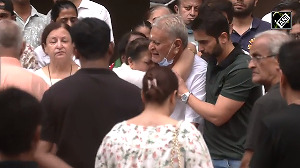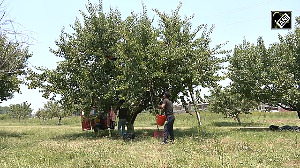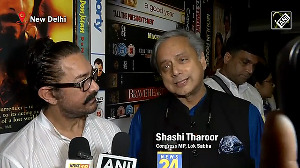Certain sections of the European Commission are seeking a comprehensive agreement, which, in addition to trade, will also include political and social issues such as non-proliferation, child labour and the environment.
Indian officials said hectic parleys were on between the two sides to reach an agreement before the India-EU summit in Helsinki on October 12-13, which Prime Minister Manmohan Singh will attend.
The officials added that Commerce and Industry Minister Kamal Nath might meet his counterpart, EU Trade Commissioner Peter Mandelson, before the summit to resolve outstanding issues.
Even if both sides were to announce their intention to have a broad-based trade and investment agreement, as recommended by the bilateral high-level trade group, officials said the negotiations were unlikely to start before March 2006.
"Since the European Union has a multi-layered decision-making structure, the European Commission will have to seek the approval of the Council of Ministers before the negotiations can begin. Hence, talks are unlikely to begin anytime soon even if there is a broad-based agreement," an official said.
There is concern in New Delhi that the EU could be reluctant to immediately kick-start discussions for any bilateral trade pact with India since several new EU members like Turkey, which also have the same competitiveness as India in areas like cheap labour, could raise objections to such an arrangement.
India recently amended its laws concerning child labour and has imposed a ban on it, effective from Tuesday.
Both India and the EU had, in 2005, established a high-level trade group to study and explore ways to deepen and widen their bilateral trade and investment relationship.
The group's mandate included the possible launch of bilateral negotiations on a broad-based trade and investment agreement.






